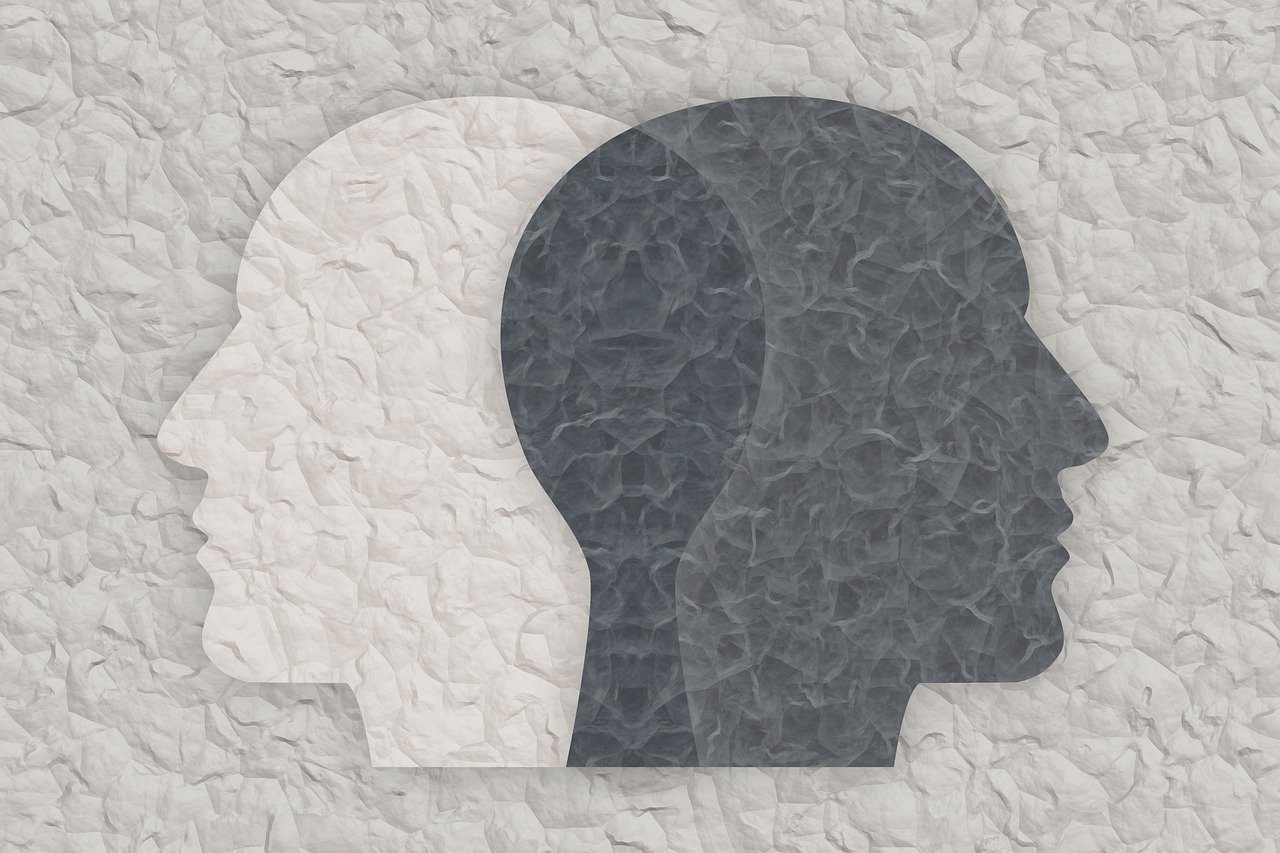Bipolar Type 2 Treatment
What is Bipolar Type 2 Disorder?
Bipolar Disorder Type II is a mood disorder marked by alternating episodes of hypomania and depression. Hypomania is a less intense form of mania, where individuals may feel unusually energetic, euphoric, or productive. These episodes are not severe enough to cause significant impairment in daily functioning but are often followed by depressive episodes that can be debilitating.
The depressive episodes in Bipolar II are typically more prolonged and severe than the hypomanic phases. These periods can interfere with personal relationships, work, and overall quality of life. Without proper diagnosis and treatment, the condition can lead to significant emotional distress and functional impairment.
Symptoms of Bipolar Disorder Type II
Hypomanic Symptoms:
- Increased energy or restlessness
- Elevated or irritable mood
- Decreased need for sleep without feeling tired
- Racing thoughts or rapid speech
- Increased self-confidence or grandiosity
- Impulsive behaviors, such as excessive spending or risky activities
While hypomania might seem positive or even productive at times, it can lead to poor decision-making and strained relationships.
Depressive Symptoms:
- Persistent feelings of sadness or hopelessness
- Fatigue or loss of energy
- Difficulty concentrating or making decisions
- Changes in appetite or weight
- Sleep disturbances, such as insomnia or oversleeping
- Feelings of worthlessness or guilt
- Thoughts of self-harm or suicide
These depressive episodes often overshadow the hypomanic phases, making Bipolar II more likely to be mistaken for major depressive disorder.
Diagnosing Bipolar Disorder Type II
Proper diagnosis is crucial for effective treatment. A mental health professional, such as a psychiatric nurse practitioner, will conduct a thorough evaluation, including:
- Reviewing medical and mental health history
- Discussing mood patterns and behaviors
- Administering standardized diagnostic tools
It’s essential to share as much detail as possible during the evaluation. Family members or close friends can provide valuable insights into mood changes and behaviors, which can help with accurate diagnosis.

My Approach To Bipolar Type ll Treatment

Lorem ipsum dolor sit amet, consectetur adipiscing elit. Ut elit tellus, luctus nec ullamcorper mattis, pulvinar dapibus leo.
Bipolar Type ll FAQ
What is a bipolar type 2 behavior?
Bipolar Type II behaviors involve cycles of hypomania and major depression. During hypomania, a person may exhibit elevated energy, impulsivity, and confidence, while depressive phases involve sadness, fatigue, and difficulty concentrating.
What is living with bipolar 2 like?
Living with Bipolar II involves navigating alternating periods of high energy and deep depression. The unpredictability of mood swings can make managing work, relationships, and personal goals challenging.
Is bipolar type 2 curable?
Bipolar II is a lifelong condition, but it is manageable with the right treatment plan. Medications, therapy, and lifestyle adjustments can help reduce symptoms and prevent mood episodes.
Does bipolar 2 get worse with age?
Bipolar II can worsen over time if left untreated, with mood episodes becoming more frequent or severe. However, proper treatment and regular monitoring can stabilize symptoms and prevent progression.
Bipolar Type 2 Treatment Options
While Bipolar Disorder Type II is a lifelong condition, effective treatments can help individuals manage their symptoms and lead fulfilling lives. Effective Bipolar Type 2 treatment typically involves a combination of approaches. At The Wellness Institute of Southern Nevada, we offer personalized treatment plans tailored to your unique needs.
1. Medication Management
Medications are often the cornerstone of every Bipolar Type 2 treatment. These may include:
- Mood Stabilizers: Such as lithium, to reduce mood swings.
- Antidepressants: Used cautiously and often alongside mood stabilizers to address depressive episodes.
- Antipsychotics: Sometimes prescribed for mood regulation.
Medication management requires ongoing monitoring to ensure effectiveness and minimize side effects.
2. Psychotherapy
Therapy also plays a critical role in Bipolar Type 2 treatments. Common approaches include:
- Cognitive Behavioral Therapy (CBT): Helps individuals identify and change negative thought patterns.
- Interpersonal and Social Rhythm Therapy (IPSRT): Focuses on maintaining stable daily routines and managing stress.
- Family Therapy: Engages loved ones in understanding and supporting the individual’s journey.
3. Lifestyle Adjustments
Healthy lifestyle habits can significantly impact symptom management. Recommendations include:
- Establishing a regular sleep schedule.
- Maintaining a balanced diet and regular exercise.
- Avoiding alcohol and recreational drugs, which can trigger mood episodes.
4. Support Groups
Connecting with others who understand the challenges of Bipolar II can provide emotional support and practical advice. Local and online support groups are excellent resources for fostering a sense of community.
Take the First Step Toward Wellness
Living with Bipolar Disorder Type II doesn’t have to feel overwhelming. With proper care and support, it’s possible to manage symptoms and lead a balanced, fulfilling life. If you or a loved one is struggling, don’t wait to seek help. Contact The Wellness Institute of Southern Nevada today to schedule a consultation. Together, we can work toward a brighter tomorrow.


